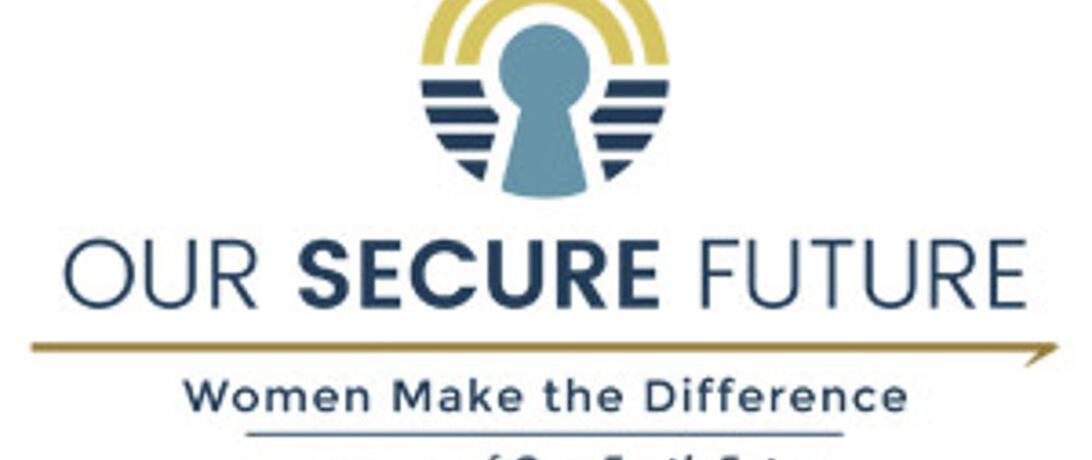
In October 2020, Our Secure Future: Women Make the Difference partnered with the Dallaire Centre of Excellence for Peace and Security within the Canadian Defence Academy to examine how to advance understanding of the WPS Agenda in the professional military education context.
Despite a rising demand in international affairs-related careers that require gender and WPS expertise, current trainings and educational programs on WPS are created in silos, such as academia, military, government, etc., and are often ad hoc. In order to professionalize the field and address what practitioners feel is missing when it comes to the implementation of Women, Peace and Security, and more generally, diversity and inclusion in the Canadian context, this event examined how to advance understanding of the WPS Agenda in the U.S. military or in the Canadian Armed Forces.
This Consortium is made possible through a grant from the Mobilizing Insights in Defence and Security (MINDS) program in the Canadian government. The main objective of the WPS Curriculum Consortium was to draw on the expertise of the network of WPS actors among a global, intersectional, and crosscutting set of WPS stakeholders.
Key Findings
-
Introduce gender analysis/gender-based analysis plus (GBA+) early in the career of military and civil service members, treating it as a core capacity integrated throughout all levels and aspects of training and education;
-
Start with the gender assessment of a situation to mainstream gender at the beginning of a decision-making or project design process;
-
Integrate gender analysis/GBA+ and the WPS framework in operational military planning and training scenarios as taught by PME;
-
Prioritize cross-pollination between PME, academic institutions, and policymakers for successful integration across the field; “real-world” applications, curriculum design, terminology/vocabulary, research, and theory should all inform each other;
-
Ensure frequent consultation with civil society to design, monitor, and evaluate implementation of strategy and commitments;
-
Professionalize the field with regular convenings and budget support that demonstrate institutional commitment to gender analysis/GBA+ and integration.